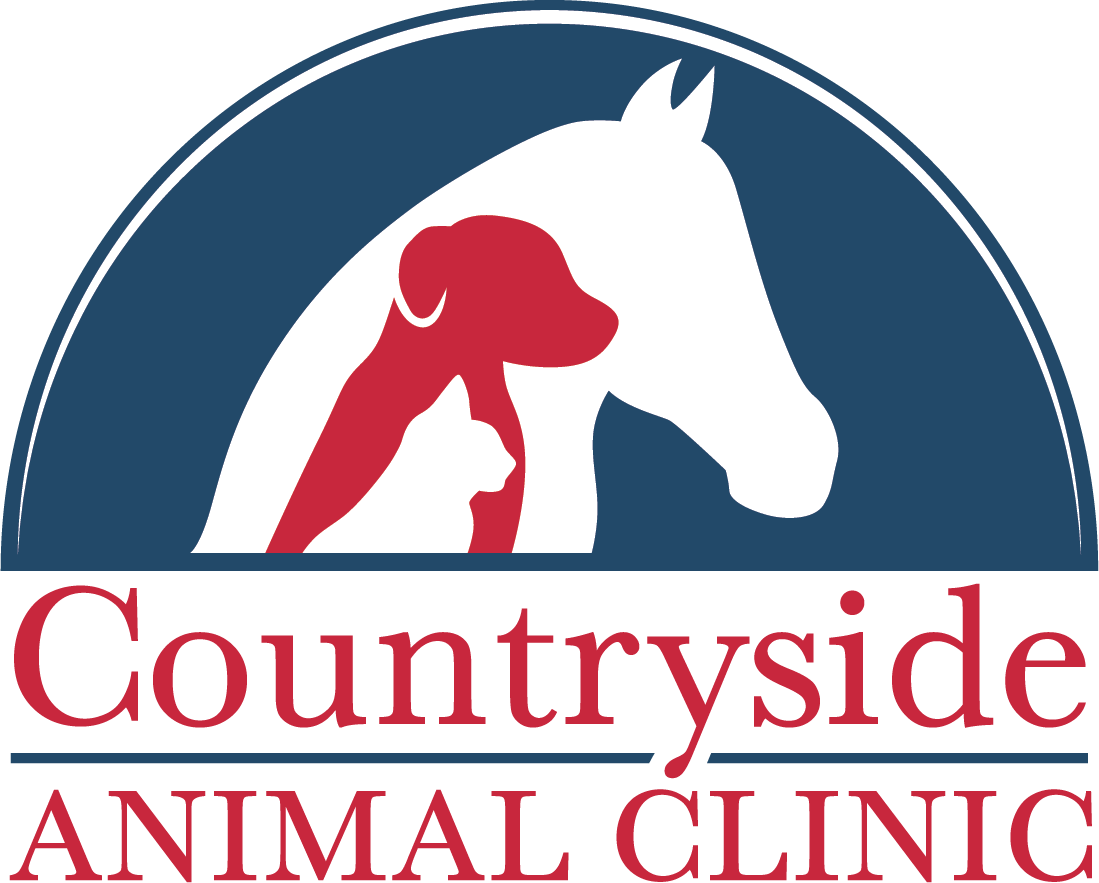
Countryside Animal Clinic offers screening for certain conditions and diseases, as well as for breeding purposes.
Von Willebrand’s Disease
This is a canine version of hemophilia, and it’s important you know if your dog has this condition before an emergency arises. Since it is genetic, many owners aren’t aware their pet has the disease until a minor injury occurs or their pet has surgery and there’s significant blood loss. Certain breeds are more prone to this condition than others, including:
- German shepherds
- German shorthair/wirehair pointers
- Chesapeake Bay retrievers
- Golden retrievers
- Pembroke Welsh corgis
- Poodles
- Scottish/Manchester terriers
- Shetland sheepdogs
If you have one of these at-risk breeds, we highly recommend you have your dog tested.
Hip Dysplasia
This condition occurs when the hip joint of a young dog becomes loose or unstable in some way. If this health issue isn’t identified and treated, it causes a wearing down of the hip cartilage and progresses until the dog has significant arthritis or degenerative joint disease. Symptoms of hip dysplasia include:
- Reluctance to get up or exercise
- Problems climbing stairs
- Walking with a “hop”
- Limping/lameness, especially after exercise
At Forest Crossing Animal Hospital, we can identify developing hip dysplasia and ensure your dog gets proper exercise as he or she ages. The earlier we diagnose the problem, the better it is for your dog’s future mobility and quality of life.
- OFA (Orthopedic Foundation for Animals) Certification
We X-ray a dog’s hips for hip dysplasia and then forward the results to the OFA, where board-certified radiologists evaluate and grade your dog’s hips for certification. Used by the majority or canine breeders to determines medical soundness for breeding, OFA certification requires specific positioning of your dog during the X-ray process, so general anesthesia is used for the process.
- PennHIP Method
This method of evaluating hip dysplasia for breeding soundness can be done at 16 weeks of age—much earlier than the OFA certification. It also requires a general anesthetic as it involves obtaining X-rays of your dog’s hips in three different positions. This method of evaluating dogs is good if your pet competes athletically or to select breeding candidates at a younger age.
We can assist with PennHip certification as well assessing your dog’s risk of hip dysplasia and treatment options if necessary.
Electrocardiogram (ECG) / Heart Disease
An electrocardiogram (ECG) is essentially an ultrasound used to record the electrical activity of the heart. It is non-invasive and the test of choice for diagnosis of abnormal heart rhythms, identification of heart enlargement, and for assessing drug effects on the heart.
This test is often done during anesthesia and is indicated whenever a heart rhythm problem is suspected. As with all tests, the ECG is not 100 percent accurate, but if your pet is showing symptoms and you’re concerned he or she may be having heart trouble, an ECG is the place to start.
If you have questions about any of these screening tests or would like to schedule your pet for an appointment, call us at (352) 746-7171.

